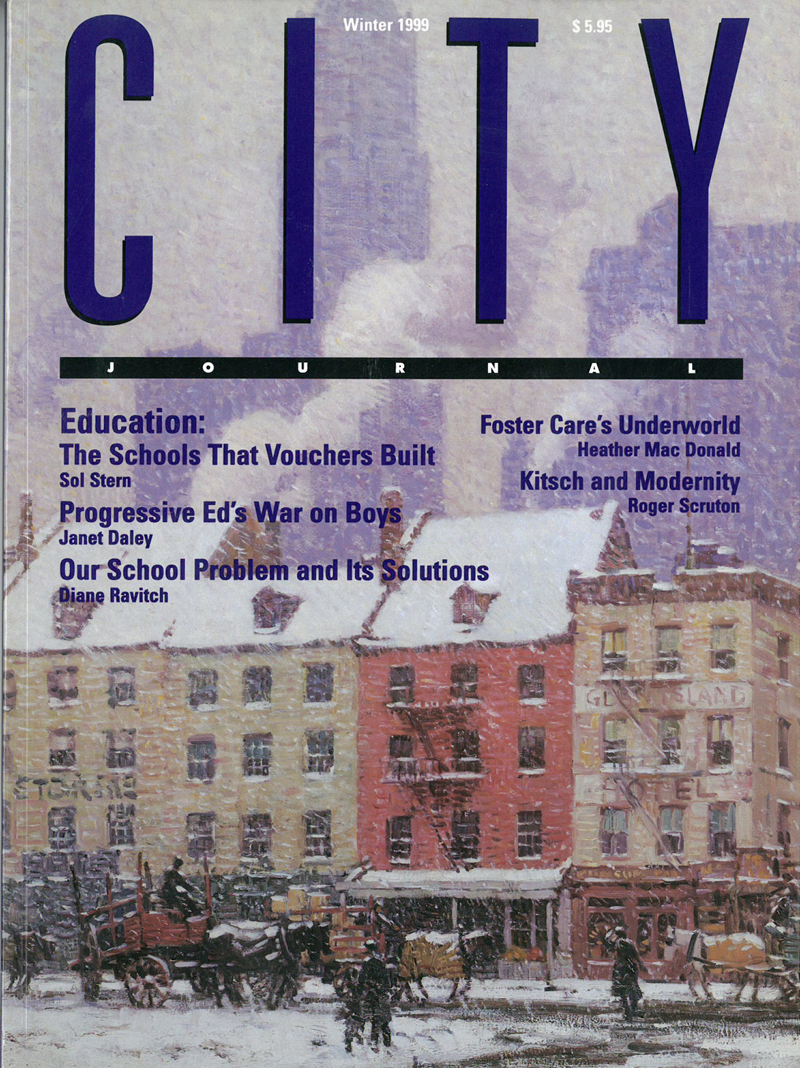Over the past three decades, urban flight robbed cities of their most ambitious and entrepreneurial taxpayers, leaving many urban neighborhoods—and whole swatches of cities like Detroit—boarded-up wastelands. But what caused the massive exodus to the suburbs? Though some blame racism, hard evidence now shows that the real reason is increased crime.
Finally, a reason to check your email.
Sign up for our free newsletter today.
Economists Julie Berry Cullen of the University of Michigan and Steven D. Levin of the University of Chicago have authored an exhaustive study relating changes in crime rates to changes in population for more than 100 U.S. cities since 1970. The two economists, controlling for other factors, found that every 10 percent rise in a city’s crime rate produces a 1 percent population loss. Roughly, that works out to one less city resident for each reported crime. Most of crime’s impact on city population results in people packing up and leaving, rather than in a smaller number of new residents moving in—perhaps because current residents know the real threat of crime from living close to it. Race made little or no difference in city dwellers’ decisions to move, Cullen and Levin discovered.
As to who is most likely to leave, it’s folks (of all colors) with higher education and young families—exactly the demographic group that provides a city’s sturdiest tax base. They rarely move out of the metropolitan area, and most of them continue working in the city, the authors found; but their tax dollars, and civic input, are lost to it.
Cullen and Levin’s research strongly suggests that Mayor Giuliani’s inventive anti-crime efforts, which have helped cut Gotham’s crime rate by 44 percent, keep New Yorkers more firmly rooted in the city. New policing programs, like sending squads of cops into drug-infested neighborhoods to drive dealers out, or even simple crime-control methods like installing video cameras in parks, could re-invigorate now-blighted neighborhoods, making them more attractive to those who want to stay in town, and perhaps even encourage some of those who have left to come back.
